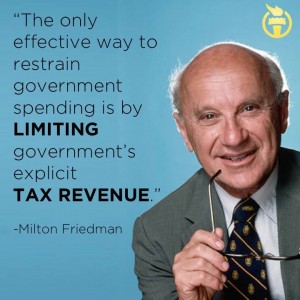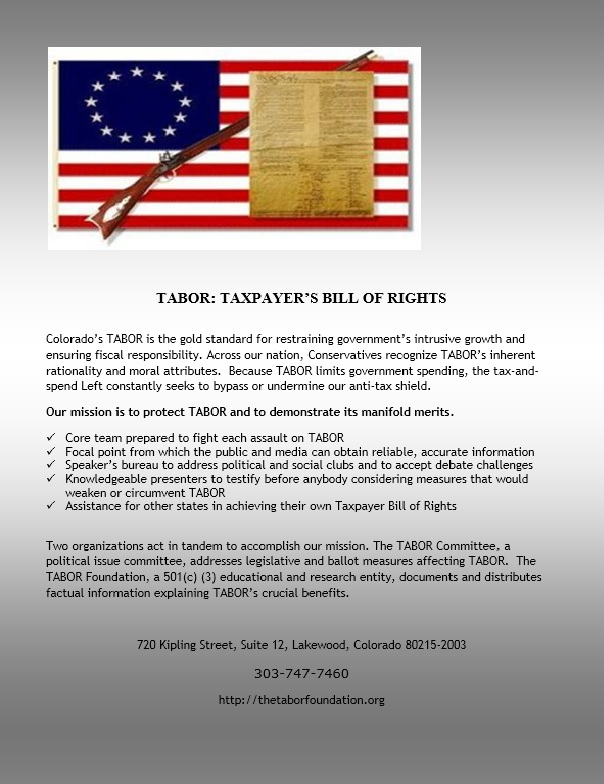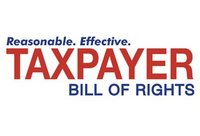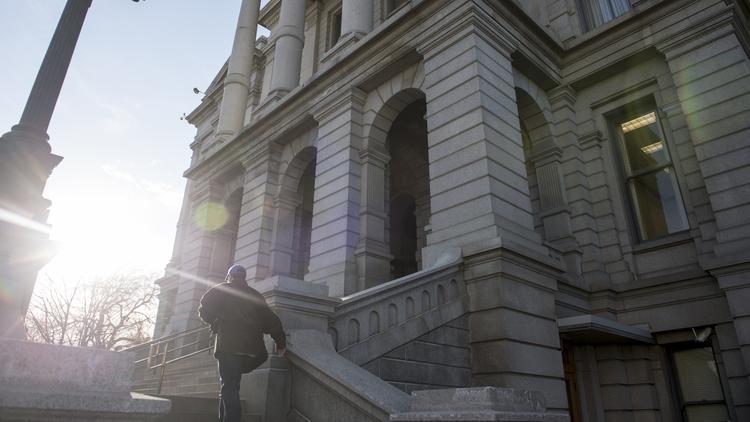At 6:00 PM tonight, Penn Pfiffner talks about TABOR First Amendment Rights Vs Campaign Disclosures … The Goldwater Institute Takes To The Courts To Protect Free Speech
If you want to have friends watch …. we do Facebook Live and Live Stream
The Coalition Talk Radio, an independent production on the GoLocalLive Network, broadcasts live on Friday Nights, from 6-9PM @ www.facebook.com/TheCoalitionRadio or www.GoLocalProv.com
http://www.facebook.com/TheCoalitionRadio
Twitter @Coalition_Radio
The Coalition – Talk Radio
Lauren Neidel Rejoins Us To Discuss The Controversies Surrounding The Emergence Of The Progressive Democratic Movement
Real Issues. Intelligent Conversation.
We Are Outrage Porn Free, Civilly Disobedient Media
Friday Night … Candidates! Invenergy, Invenergy, Invenergy … Religion & Politics … Sweet Home Alabama … & More! All Times Are Eastern
At 6:00 PM Penn Pfiffner TABOR First Amendment Rights Vs Campaign Disclosures … The Goldwater Institute Takes To The Courts To Protect Free Speech
At 6:30 PM: Bill Hunt – Newly Announced Candidate For Rhode Island General Assembly District 68. We’ll discuss his Libertarian Philosophy, Plus! His Take On State & East Bay Issues
At 7:30: Progressive Activist Lauren Niedel Talks Women’s Caucus
At 8PM: Hesham El-Meligy Co-Founder Muslims For Liberty. Topics Will Include An Analysis Of the Muslim Faith … And It’s Interrelationship With Civil Liberties & The American Liberty Movement. Plus! Jerusalem … American Intervention …
The Coalition Talk Radio, an independent production on the GoLocalLive Network, broadcasts live on Friday Nights, from 6-9PM @ www.facebook.com/TheCoalitionRadio or www.GoLocalProv.com
www.CoalitionRadio.us
http://www.facebook.com/TheCoalitionRadio
Twitter @Coalition_Radio
EVENING TALK RADIO LIVES ON!
The Coalition Talk Radio 2.0 Live! On The GoLocalLive Media Network Watch On:
http://www.facebook.com/TheCoalitionRadio/
Friday’s From 6-9PM
Call Us! Vent! Consider Us Your Radio Intervention …
(401) 441 6515
Rebroadcasts @ www.CoalitionRadio.us
Pls “Like” The Coalition www.facebook.com/TheCoalitionRadio
Pls “Follow” The Coalition www.twitter.com/Coalition_Radio
Pls “Subscribe” Coalition YouTube http://tinyurl.com/ybquny6u

 This morning the TABOR Foundation brought a lawsuit before the Colorado Supreme Court. As the Plaintiff, we have charged that both Denver’s Regional Transportation District (RTD) and its Scientific and Cultural Facilities District had violated the requirements of the Taxpayer’s Bill of Rights when they started imposing sales taxes on items that had been exempt; items that the Districts did not have voter approval to tax. The arguments were presented on appeal to the State’s highest court. Our Foundation was ably represented by attorney Steve Lechner of Mountain States Legal Foundation. He faced alone the four attorneys employed by the governments on the other side. Our side had lost at both the District (trial) level and at the Colorado Court of Appeals.
This morning the TABOR Foundation brought a lawsuit before the Colorado Supreme Court. As the Plaintiff, we have charged that both Denver’s Regional Transportation District (RTD) and its Scientific and Cultural Facilities District had violated the requirements of the Taxpayer’s Bill of Rights when they started imposing sales taxes on items that had been exempt; items that the Districts did not have voter approval to tax. The arguments were presented on appeal to the State’s highest court. Our Foundation was ably represented by attorney Steve Lechner of Mountain States Legal Foundation. He faced alone the four attorneys employed by the governments on the other side. Our side had lost at both the District (trial) level and at the Colorado Court of Appeals.




